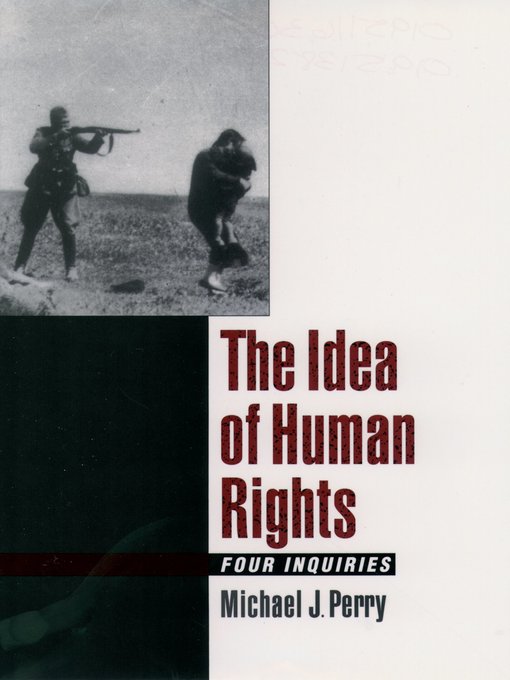Inspired by a 1988 trip to El Salvador, Michael J. Perry's new book is a personal and scholarly exploration of the idea of human rights. Perry is one of our nation's leading authorities on the relation of morality, including religious morality, to politics and law. He seeks, in this book, todisentangle the complex idea of human rights by way of four probing and interrelated essays.* The initial essay, which is animated by Perry's skepticism about the capacity of any secular morality to offer a coherent account of the idea of human rights, suggests that the first part of the idea of human rights--the premise that every human being is "sacred" or "inviolable"--is inescapablyreligious.* Responding to recent criticism of "rights talk", Perry explicates, in his second essay, the meaning and value of talk about human rights.* In his third essay, Perry asks a fundamental question about human rights: Are they universal?
- Once Upon a Crime
- Business Books & Career Advice
- Newly Added eBooks
- The Wizarding World of Harry Potter
- Most Popular eBooks
- Try Something Different
- See all
- Newly Added Audiobooks
- Always Available Audio
- The Wizarding World of Harry Potter
- Once Upon a Crime
- Business Books & Career Advice
- Most Popular Audiobooks
- Try Something Different
- See all

